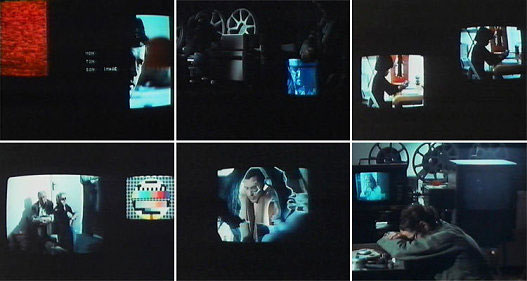From Oui (February 1975). The word “coyness” was misprinted as “boyness,” and I wondered at the time if this might have been an editor’s Freudian slip. –- J.R.
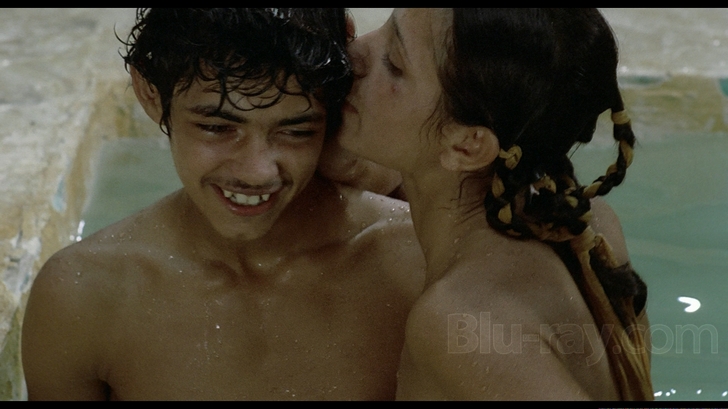
The Arabian Nights. In his treatment of The Arabian Nights, Pier Paolo
Pasolini has created what might be considered his first pagan film — a work in
which Western coyness and guilt about sex (and most of the other varieties of
20th Century angst) seem to have mysteriously vanished. Shooting an odd batch
of tales within tales in gorgeous sections of Yemen, Ethiopia, Iran and Nepal,
Pasolini delves into a sort of fairy-tale anthropology that is often most luminous
when it’s least comprehensible. The storytelling is ponderous, but the moods
are spellbinding. The magic that we usually associate with these tales is kept
in the wings until the later sequences and is awkwardly handled when it appears.
It’s the magic of the people and the places that holds Pasolini’s interest,
and the quality that most sustains this genuinely other-worldly film is its almost
primeval strangeness.
–JONATHAN ROSENBAUM
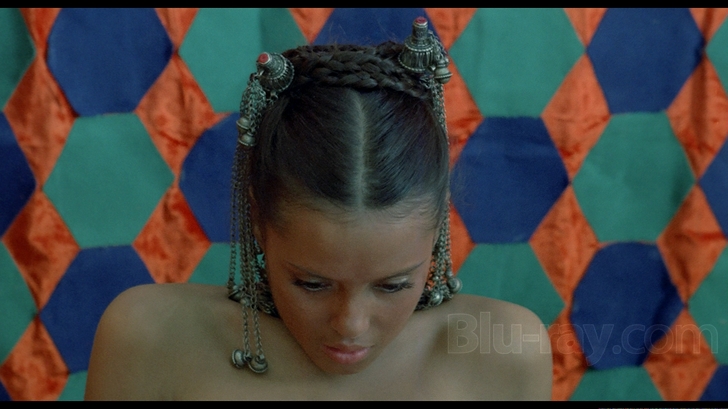
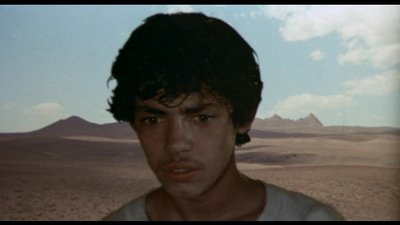
Read more
From Sight and Sound (Spring 1976). –- J.R.
Numéro Deux
If Numéro Deux is the most important film of Jean-Luc Godard in nearly a decade — specifically, since 2 ou 3 Choses que je sais d’elle -– one should explain at the outset what gives these films privileged places within his oeuvre. Focusing in 35mm and wide screen on a fictional working-class family, both are essentially bound up in issues of representation, and neither allies itself to any organized political faction or has any links with the Dziga-Vertov Group and/or Jean-Pierre Gorin. The point of this distinction is that Godard’s pre-eminence has always stemmed directly from his grasp of the problems of representation — a line of inquiry leading from the jump-cuts of Breathless to the fragmented double-images of Numéro Deux -– and that his political commitments have always been inscribed within this concern; it is highly debatable whether he has contributed anything of value to political thought apart from this context. Yet broadly speaking, the increasing emphasis in his work after 2 ou 3 Choses — in La Chinoise,Weekend, 1 + 1, Le Gai Savoir and all the subsequent ventures — has until now been more on the ‘signified’ (subject) and less on the ‘signifier’ (manner of representation), away from investigation and towards didacticism. Read more
From a 1989 catalog that I wrote most of for the Walker Art Center, Cinema Outsider: The Films of William Klein (an interview that accompanied this piece will also be posted on the site in a couple of days). I worked for Klein briefly in 1973, when I was living in Paris, translating a script of his called Demain la ville from French to English so that Elliott Gould, who was being considered as one of the leads, could read it. (A portion of this script was later transformed into Klein’s The Model Couple.) — J.R.
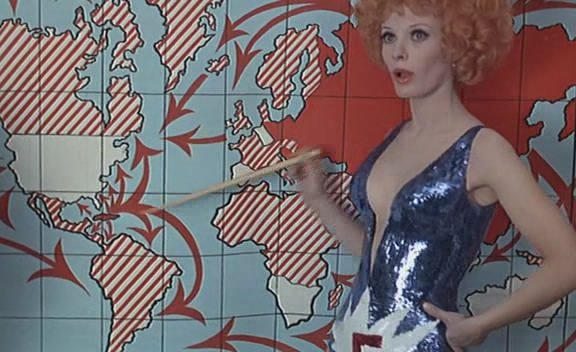
Anybody who pretends to be objective isn’t realistic. — William Klein on cinéma-vérité (1)
I have a great feeling of nostalgia for the expressionist film. Although I don’t know why I say nostalgia: such films are still being made, and as far as l’m concerned we can never go beyond expressionism. Bill Klein’s Mr. Freedom, for example, is a completely expressionistic film. Maybe that’s why it provoked such violent reactions: some people just can’t accept having reality transposed to another level. — Alain Resnais (2)
One of the limitations of conventional film history, with its subdivisions of schools and movements, is that many interesting filmmakers who are unlucky enough to exist apart from neat categories tend to disappear between the cracks. Read more




